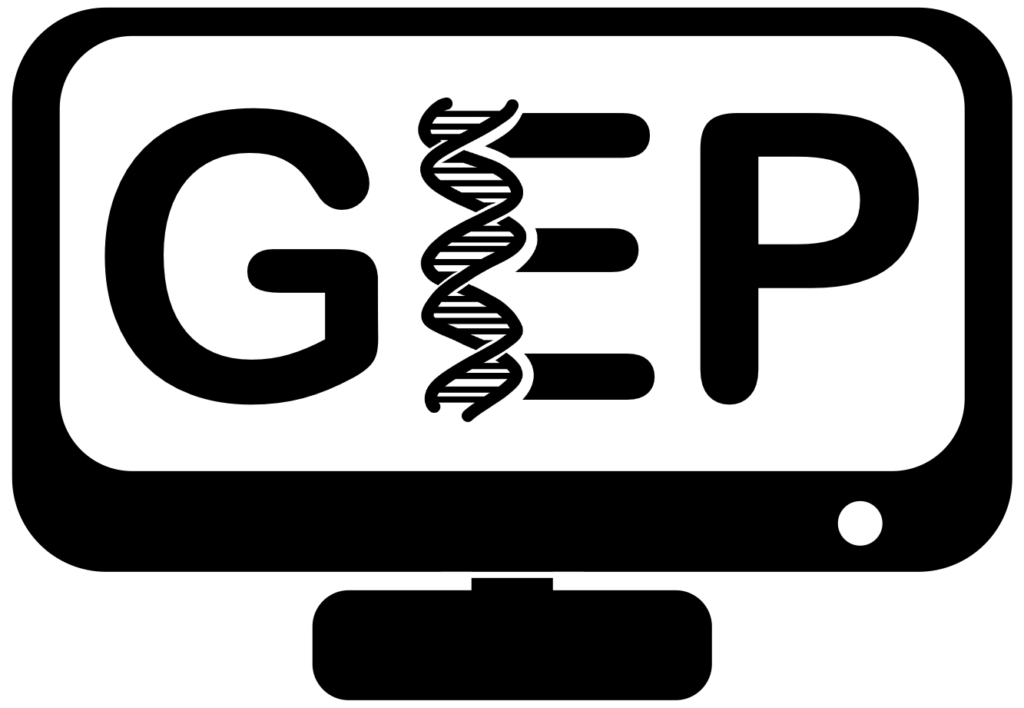Leadership
Committees
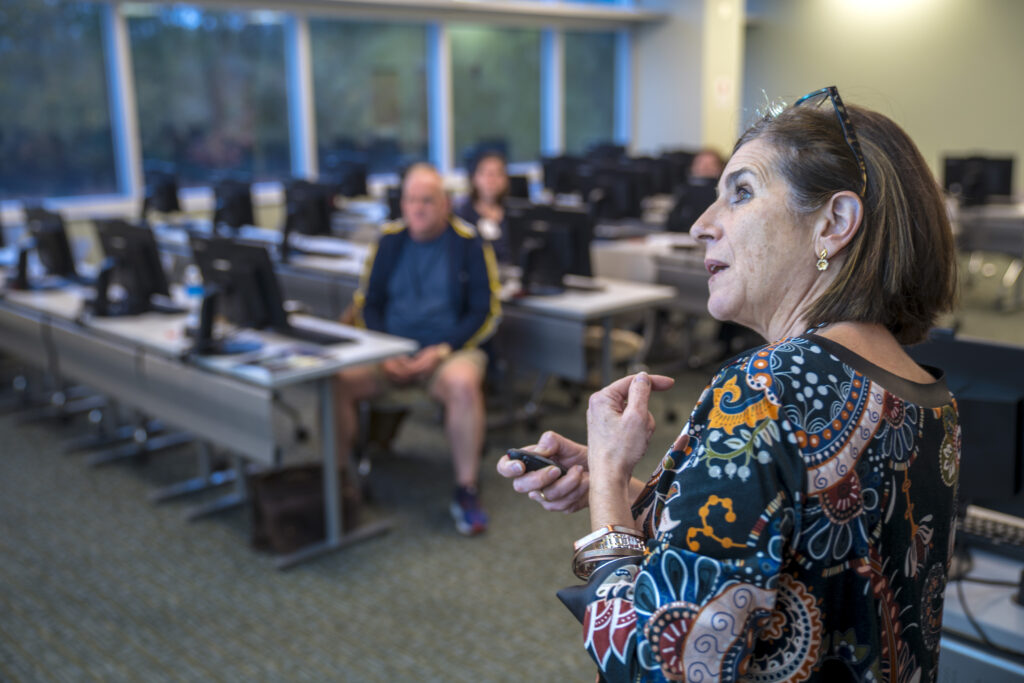
Steering
Provides overall guidance and leadership of GEP and coordinates the specialized committees
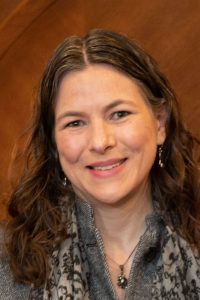
Laura K. Reed
Program Director
Year Joined: 2011
Assessment
Assesses the effectiveness of GEP strategies for both student & faculty outcomes
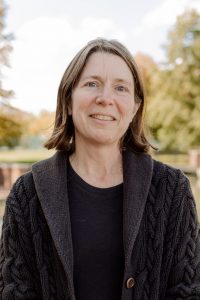
Christine Fleet
Assessment Committee Chair
Year Joined: 2020
Christy Fleet, Ph.D. is a Professor of Biology at Emory & Henry University in southwest Virginia. She teaches undergraduate courses in Genetics, Biochemistry, and Physiology. Her research focuses on transcriptional control of plant development.
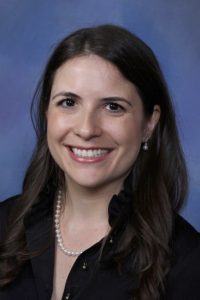
Lori Boies
Assessment Committee Vice Chair
Year Joined: 2021
Lori Boies, Ph.D., MPH is a Research Assistant Professor at St. Mary’s University in San Antonio, Texas. She joined the GEP in 2021, and integrates the Pathways Project in her advanced biology course: Genes, Genomes, and Genomics. Additionally, she is the Program Director of the MS in Medical Genomics slated to start in Fall 2026 at St. Mary’s University.
Curriculum
Develops & updates curriculum & specialized pedagogy for all levels of undergraduate biology
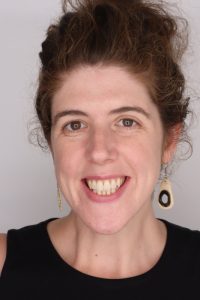
Tess Cherlin
Curriculum Committee Chair
Year Joined: 2022
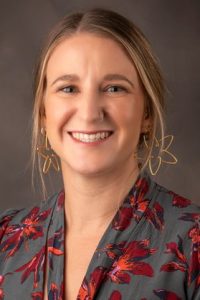
Andrea Perreault
Curriculum Committee Vice Chair
Year Joined: 2021
Andrea Perreault, Ph.D. is an Assistant Professor in the Biology Department at Elon University. She primarily teaches genetics and is going to be teaching a genomics course for the first time in January 2026! Dr. Perreault’s research group focuses on computational cancer genomics and how genetics and epigenetic factors impact cancer development.
Professional Development & Mentoring
Maintains training & professional development opportunities for all GEP members & includes the Regional Nodes, New Member Training, & Mentoring subcommittees
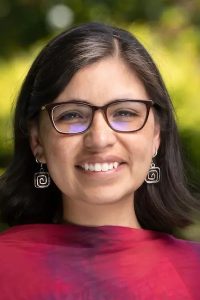
Norma Velazquez-Ulloa
PDM Committee Chair
Year Joined: 2016
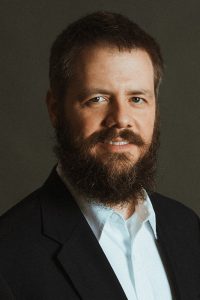
Jeffrey French
PDM Committee Vice Chair
Year Joined: 2020
Jeff French earned his Ph.D. in biological sciences from the University of South Carolina in 2008, just after being hired into full-time teaching at North Greenville University (NGU, Carolinas Node), a 2,000-student private Christian college in the Upstate of SC. His graduate training was partly ecology, partly molecular, and his molecular evolution research switched from wet-lab work to a bioinformatics approach in 2005. At NGU, he previously served as Chair of Biology and is now Associate Dean of Science and Math. He joined the GEP through online training in late 2020. He uses GEP curriculum in his sophomore-level genetics course and has had independent research students practicing annotation since 2021, recently under the framework of the Pathways project.
Training & Mentoring
Coordinates training and mentoring of new and existing members
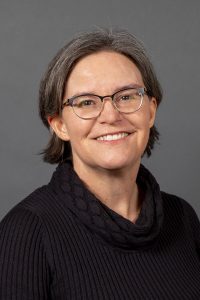
Jenni Kennell
Director of Training and Mentoring
Year Joined: 2014
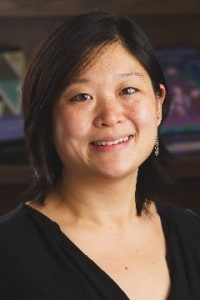
Melinda Yang
Co-Director of Training and Mentoring
Year Joined: 2020
Regional Nodes
Coordinates events for regional clusters of participating GEP institutions
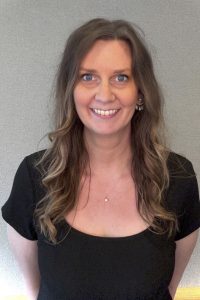
Kellie S. O'Rourke
Director of Regional Nodes
Year Joined: 2019

Cheryl Bardales
Co-Director of Regional Nodes
Year Joined: 2019
Retention & Engagement
Establishes best practices & training for creating & maintaining a supportive environment for all GEP members & students
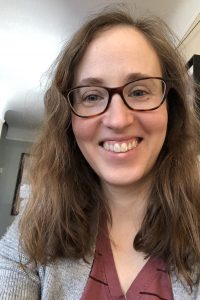
Maire K. Sustacek
Retention & Engagement Committee Chair
Year Joined: 2019

Cathy Silver Key
Retention & Engagement Committee Vice Chair
Year Joined: 2009
Journal Club
The Retention & Engagement Journal Club sets a regular meeting time at the beginning of each semester.
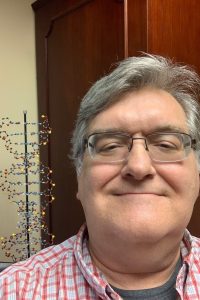
Brian Schwartz
Journal Club Facilitator
Year Joined: 2021
Science & IT
Advises on development of new research questions and on issues related to the web framework
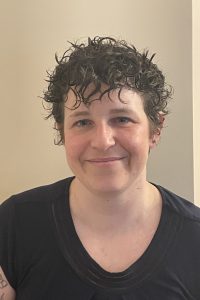
Clare Scott Chialvo
Science/IT Committee Chair
Year Joined: 2021
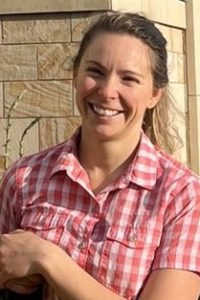
Amanda Stahlke
Science/IT Committee Vice Chair
Year Joined: 2021
- Page Last Updated: January 17, 2026
